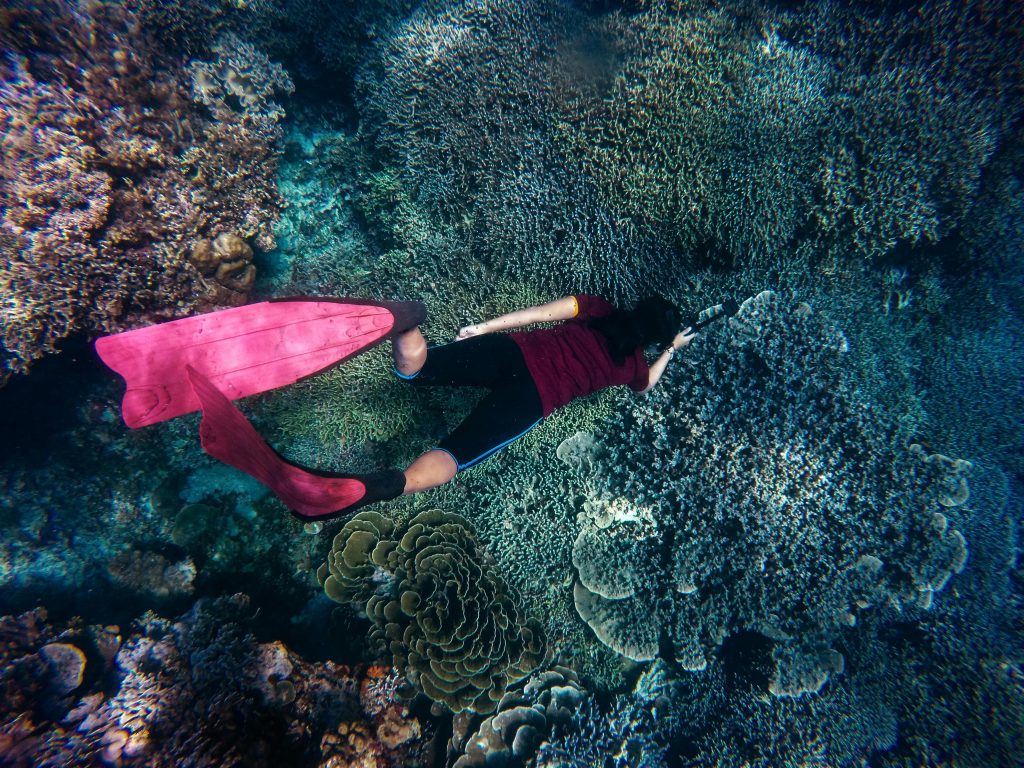The coral reefs are gone.
We crossed our first climate tipping point, and 160 scientists just confirmed it. Warm-water coral reefs passed their thermal threshold at 1.2°C. We’re at 1.4°C now.
There’s no going back.
Not with better reef management. Not with hopeful thinking. The math doesn’t work anymore.
I dug through the Global Tipping Points Report. Between January 2023 and April 2025, bleaching-level heat stress impacted 84% of coral reefs worldwide.
84%.
Across 83 countries and territories.
Previous global bleaching events? 21% of reefs in 1998. 37% in 2010. 68% from 2014-2017.
This is the largest coral bleaching event ever recorded.
What This Means
Nearly one billion people depend on coral reefs for food, income, and coastal protection. The economic value? $10-11 trillion annually.
Coral reefs support 25% of all marine species despite covering less than 1% of the ocean floor.
When reefs collapse, the entire system collapses with them.
Even if we hit the Paris Agreement target of 1.5°C, coral reefs are virtually certain to collapse. Over 99% probability.
To save them at any meaningful scale, we’d need to cool the planet back down to 1.0°C above pre-industrial levels. That means removing carbon dioxide from the atmosphere at a scale we’ve never achieved.
Every ton of waste rotting in landfills releases methane. Every unnecessary product manufactured pumps out CO2. Every piece of packaging that didn’t need to exist contributed to the 0.2°C that killed the reefs.
Beyond Coral Reefs
The report identifies other systems approaching tipping points. Polar ice sheets, Antarctic sea ice, the Atlantic Meridional Overturning Circulation, the Amazon rainforest.
The scale feels impossible.
But the data shows something else. Radical acceleration in positive tipping points since 2023. Solar power adoption, electric vehicles, climate litigation, nature regeneration.
Zero-emission technologies are spreading fast.
Cities are banning single-use plastics. Companies are eliminating packaging. People are refusing to participate in waste-heavy systems.
The Zero Waste Connection
You want to know why zero waste matters?
Because coral reefs didn’t die from one thing. They died from accumulated carbon. From every source. Including waste systems generating methane in landfills and energy-intensive production cycles making stuff nobody needed.
Reducing waste isn’t some feel-good side project.
It’s carbon reduction. Direct and measurable.
We crossed a line we can’t un-cross. The coral reefs proved that. But the Amazon, the ice sheets, the ocean currents? Those lines are still ahead of us.
What we do before COP30 determines if we stop at one tipping point or watch the rest fall. The scientists made that clear.
So did the reefs.

